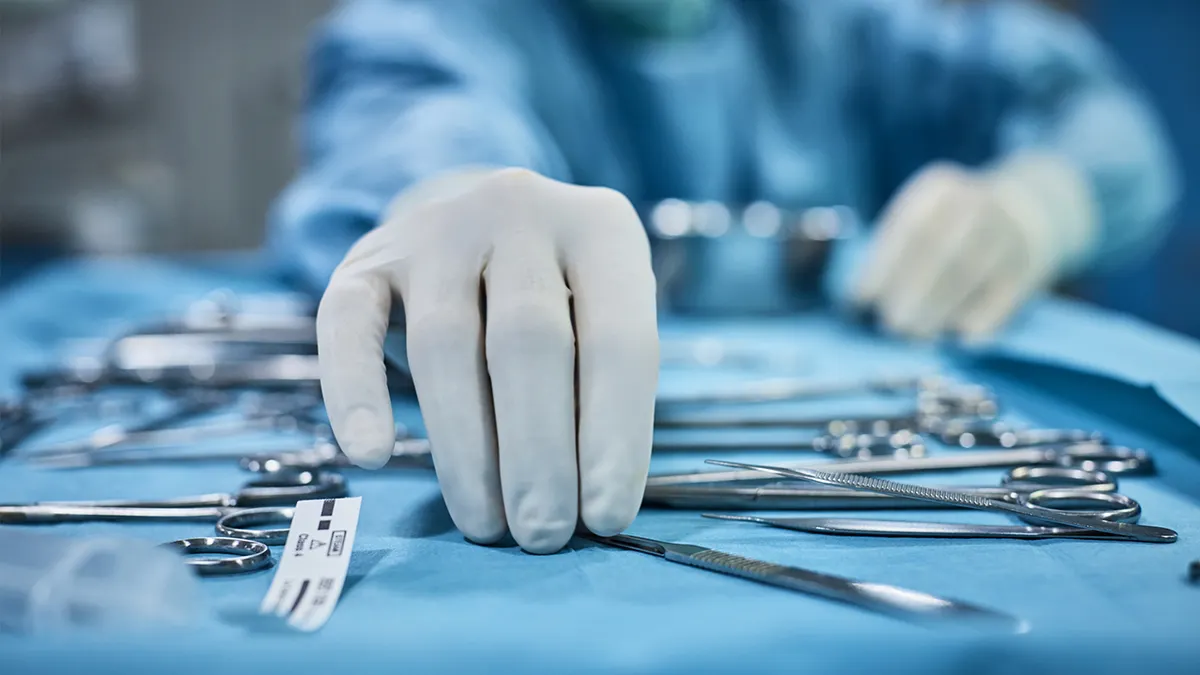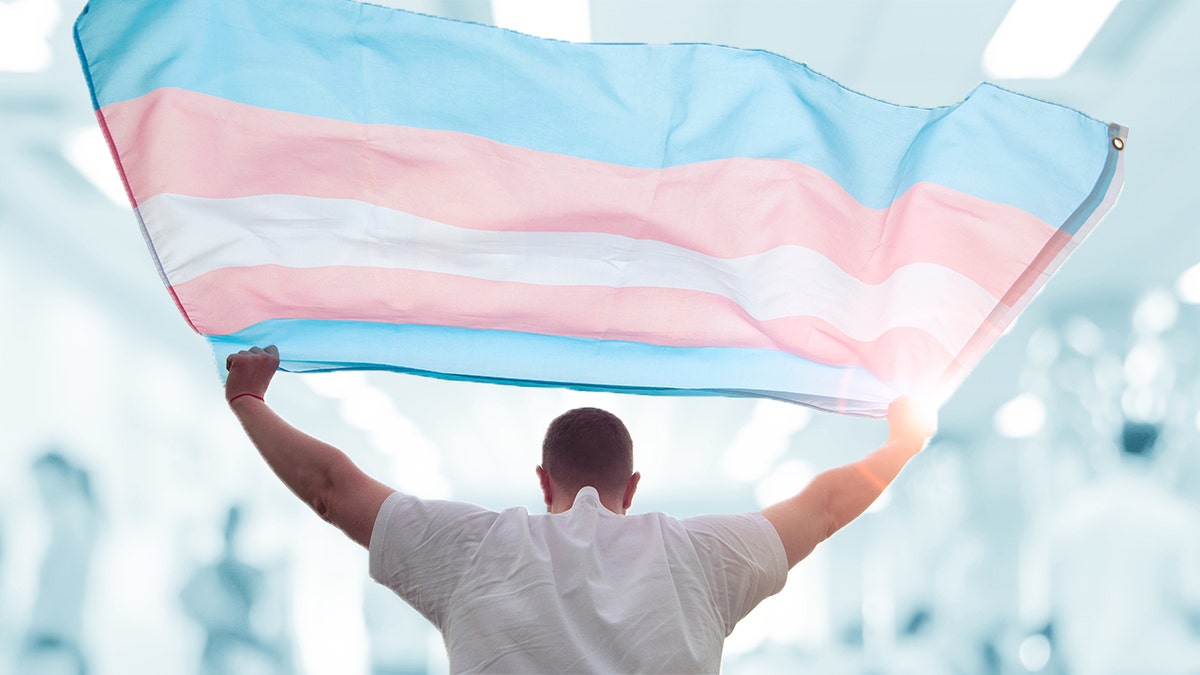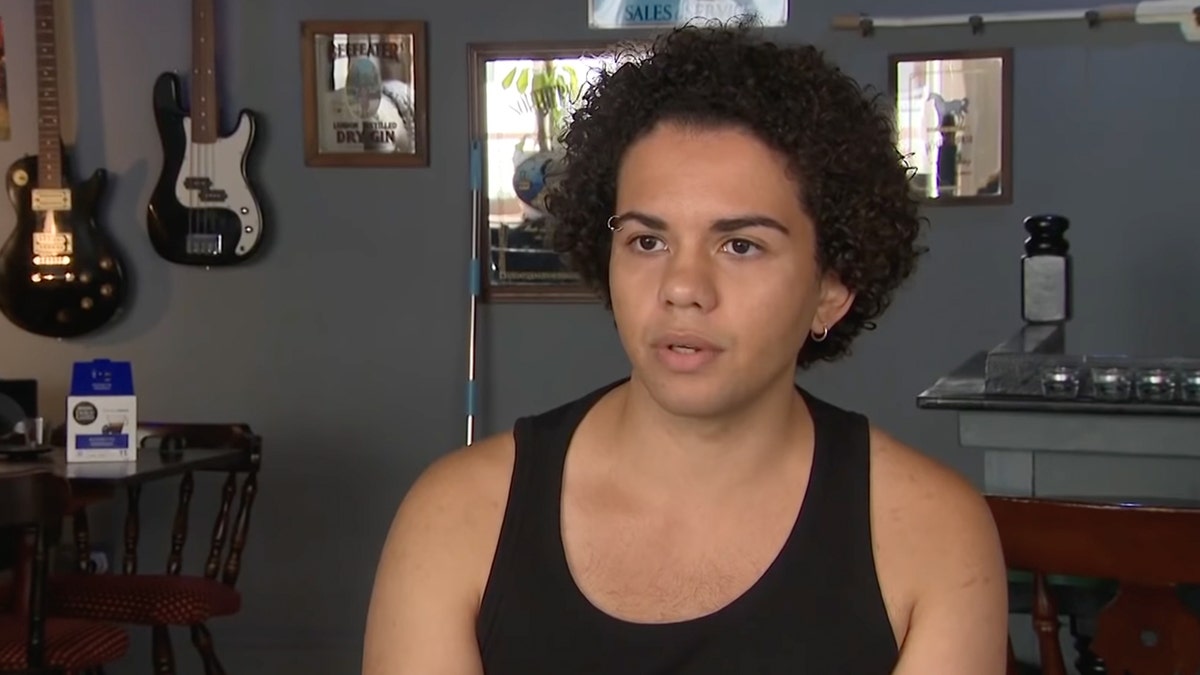Detransitioned teen Chloe Cole: I'm afraid my generation will be led astray
Former transgender kid, Chloe Cole, shares the complications she deals with every day as a result of medical interventions she was subjected to after being diagnosed with gender dysphoria. "I'm not sure whether it'll even go away," she said.
A girl from the United Kingdom, who had both of her breast removed during a medical gender transition, is calling out the gender clinic that was involved in some of her care, according to a Monday report from the Telegraph.
Jasmine, a former patient at the Travistock gender clinic, says she regrets medical interventions to change her gender. The girl reported that transitioning made her feel worse at every stage.
"I don’t really know what it’s like to have the body of an adult," she said.
Jasmine said she was relying on medical professionals.

Surgery istock photo (istock)
"When people do know I’m de-transitioned they reframe it as a journey, and I would not consider it a journey... I think it was a mistake I made but because I was a child, I also think that part of the onus is on the various professionals that treated me," she said.
After a few visits, Jasmine said she was referred for medical and surgical sex change interventions. At 15, she underwent a surgery to remove both of her breasts.
"I kind of feel a little bit mutilated and like an experiment gone wrong walking through society sometimes. I feel, like, sometimes jealous of other people, women, who are biologically female. That they still have their natural voice, their natural characteristics. And I don’t anymore," she continued.
The gender clinic Jasmine went to, Travistock, is currently working on shutting down and fundamentally changing its practices after a critical independent review by a pediatrician.
Another Travistock patient, Keira Bell, has been public about detransitioning and has critiqued the clinic. She said she wished staff had given her more pushback over the transitioning treatments.
"By the time I got to the Tavistock, I was adamant that I needed to transition. It was the kind of brash assertion that’s typical of teenagers. What was really going on was that I was a girl insecure in my body who had experienced parental abandonment, felt alienated from my peers, suffered from anxiety and depression, and struggled with my sexual orientation," she said in a blog post.

Assistant HHS secretary Rachel Levine asked Big Tech to censor "misinformation" about "gender-affirming care" for kids. ( Chris Smith/U.S. Department of Health & Human Services/Handout via Reuters)
"After a series of superficial conversations with social workers, I was put on puberty blockers at age 16. A year later, I was receiving testosterone shots. When 20, I had a double mastectomy," she said. "But the further my transition went, the more I realized that I wasn’t a man, and never would be."
Bell reversed course five years after starting the medical transition. "As I matured, I recognized that gender dysphoria was a symptom of my overall misery, not its cause," she said.
While on testosterone, Bell said she was unable to cry about her pain, and was relieved when she finally could express herself.

Former patients from Tavistock gender clinic speak out about their detransition process. (Adobe Stock)
"One of the first signs that I was becoming Keira again was that—thankfully, at last—I was able to cry. And I had a lot to cry about."
UK TEACHER CALLS 8TH-GRADER 'DESPICABLE' FOR SAYING PEOPLE CAN'T IDENTIFY AS CATS: 'HOW DARE YOU'
Bell said that she is unsure how the treatments affected her fertility, and fears she may have lost a "basic right" to be able to have children.

Keira Bell speaks to media outlet about detransitioning. (Sky News | YouTube/Screenshot)
"Before beginning on testosterone, I was asked if I wanted children, or if I wanted to consider freezing my eggs because of the possibility that transition would make me infertile. As a teenager, I couldn’t imagine having kids… But now as a young adult, I see that I didn’t truly understand back then the implications of infertility. Having children is a basic right, and I don’t know if that has been taken from me."
CLICK HERE TO GET THE FOX NEWS APP
Bell said the testosterone left her with a permanent deeper voice and facial hair.
"What happened to me is happening across the Western world."
Travistock did not immediately respond to a request for comment.








































